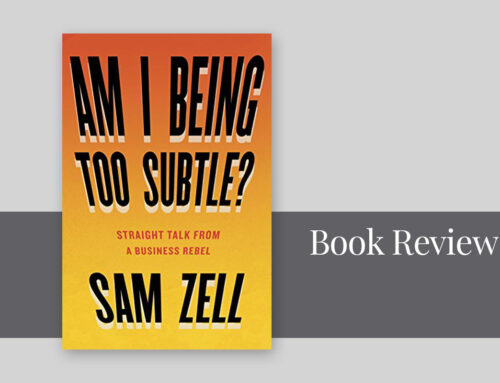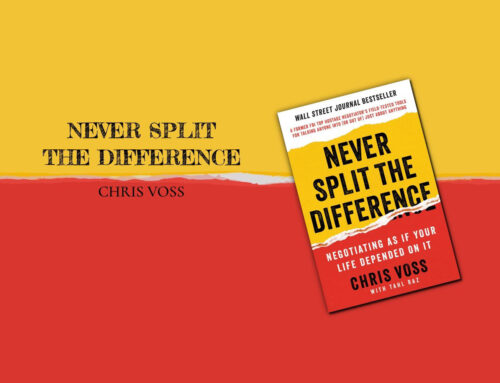Finally got the chance to read this year’s Berkshire Hathaway shareholder letter. It’s been insightful to pick up a few tidbits about how Buffett view business from reading his letter in the past years, particularly the discrepancies between how asset and cash flow is traditionally viewed. How he describes things is also humorous at times (examples are at the bottom of this post). It’s also funny/weird how much he talks about accounting. I swear I’d probably would’ve stuck w/ my accounting major in college if professors illustrated in the manner Buffett does instead of talking about exceptions to standards or exceptions to the exceptions. Here are some reactions from this year’s letter:
- Gain of $65.3B in 2017, $29B of which is from the tax cut–compared to $27.5B gain last year. This single tax cut produced more gains then all of the geniuses at Berkshire Hathaway last year…
- 19.1% compounded annually return – that’s just crazy, doubling 9.9% of S&P 500 with dividends included
- Mind the GAAP – Buffett doesn’t look at per-share book value but instead normalized-per share earning power. Again, detaching price from value of a stock or company.
- The Four Horsemen – Buffett looks for these four, well technically five, qualities in a company. One would do well to build himself or his organization with these criteria in mind: 1) Durable competitive strengths 2) Able and high-grade management 3) Good returns on the net tangible assets required to operate the business 4) Opportunities for internal growth at attractive returns 5) A sensible purchase price.
- Cheap debt can make overpaid deals look good still (assuming he means the tax shield). Sounds like he thinks everything is expensive and lots of people are chasing after dumb deals.
- Float on – About $19B in the insurance business is in float and $116B in cash and Treasury Bills. Having liquid cash is one thing, the ability to make it snowball and spit out more free cash flow is another
- 2 & 20 model is broken – The past few years Warren has been mentioned about his 10 year bet on whether S&P index passive investing would beat active investing, in this case represented by 5 funds-of-funds. Because of fees, transaction costs, or let’s just say general friction these funds don’t come anywhere close to passive investing. Personally I think these fund managers should just give back all their investors’ money and find something else better to do w/ their lives. Regardless if their investors make money or not they take a management fee, and if they do make money they take a fee. It’s just such an egregious business model… you win, I win. You lose, I still win.
Quotables –
- “If Wall Street analysts or board members urge that brand of CEO to consider possible acquisitions, it’s a bit like telling your ripening teenager to be sure to have a normal sex life.” – on CEO’s eagerness for acquisition
- “Don’t ask the barber whether you need a haircut” on whether to ask investment bankers if one should do an acquisitions or not
- “Spreadsheets never disappoint” – in reference to forecast or just funny math to validate an acquisition.
- “Performance comes, performance goes. Fees never falter” – in reference to low cost passive investing vs active investing.



